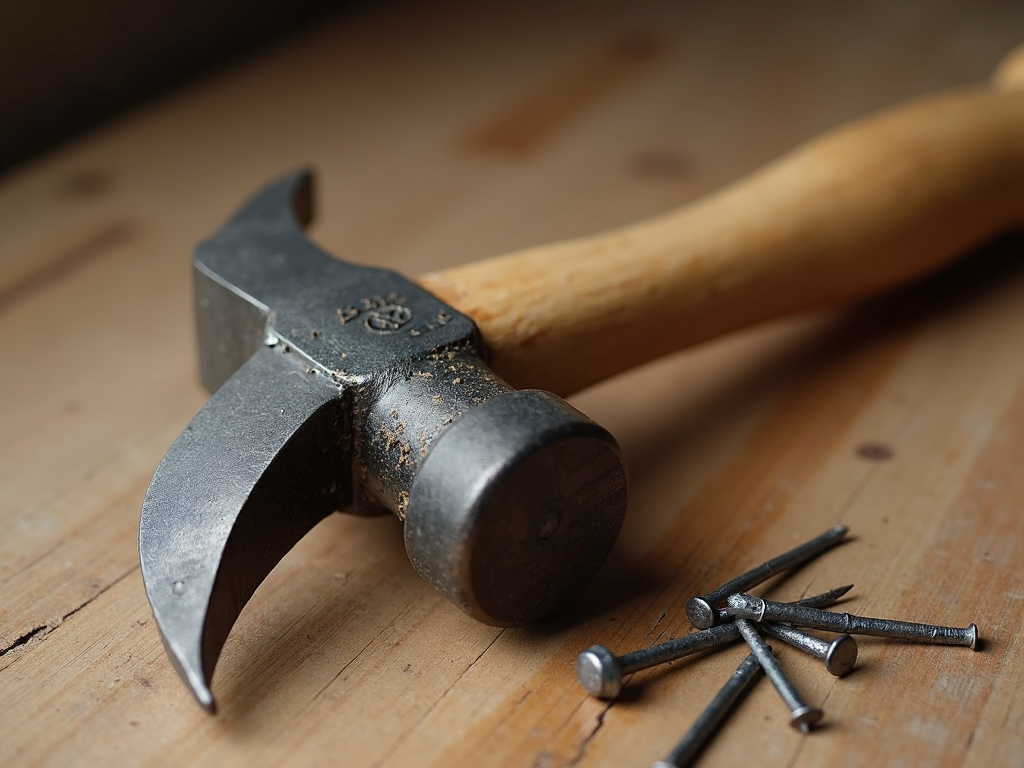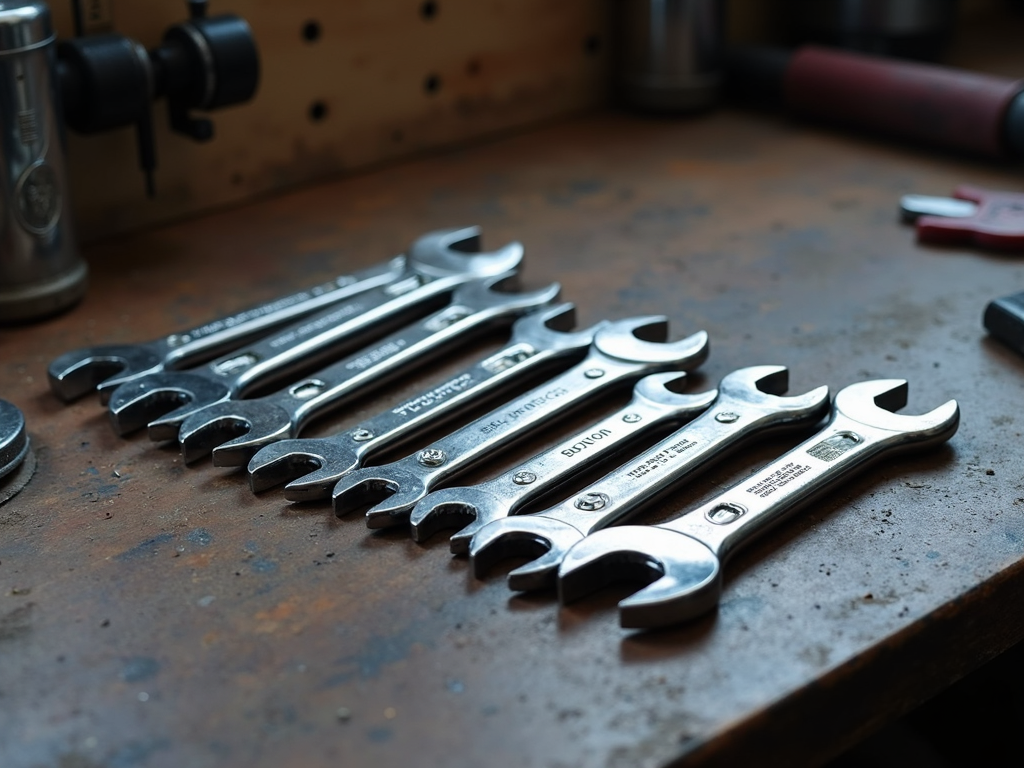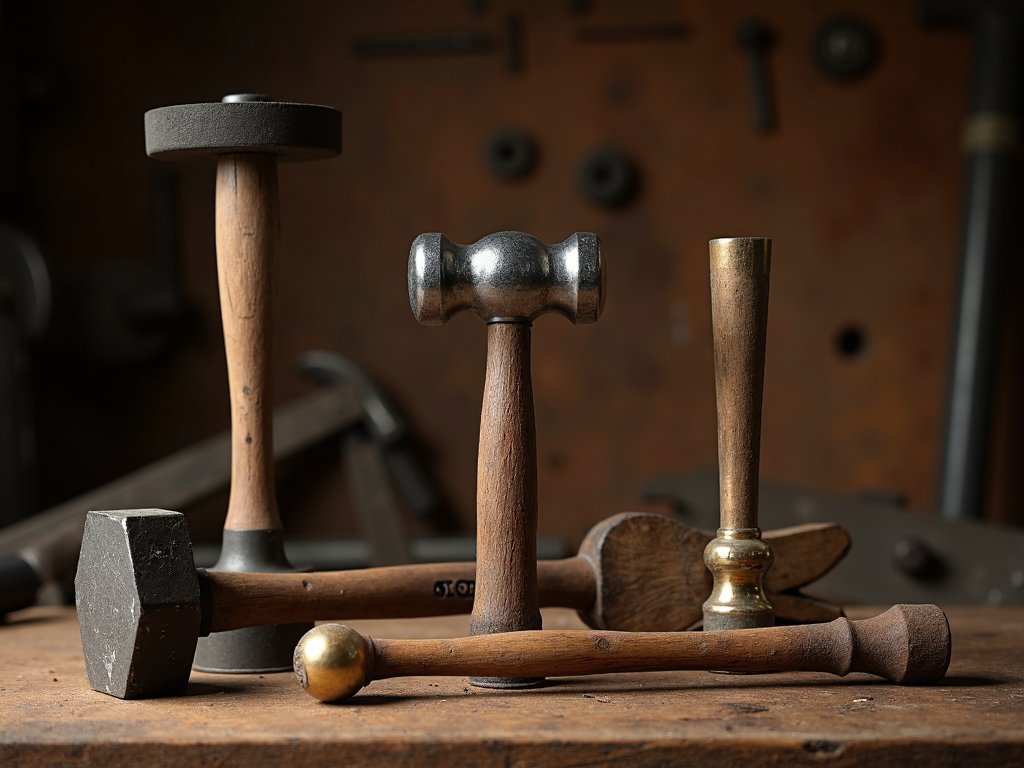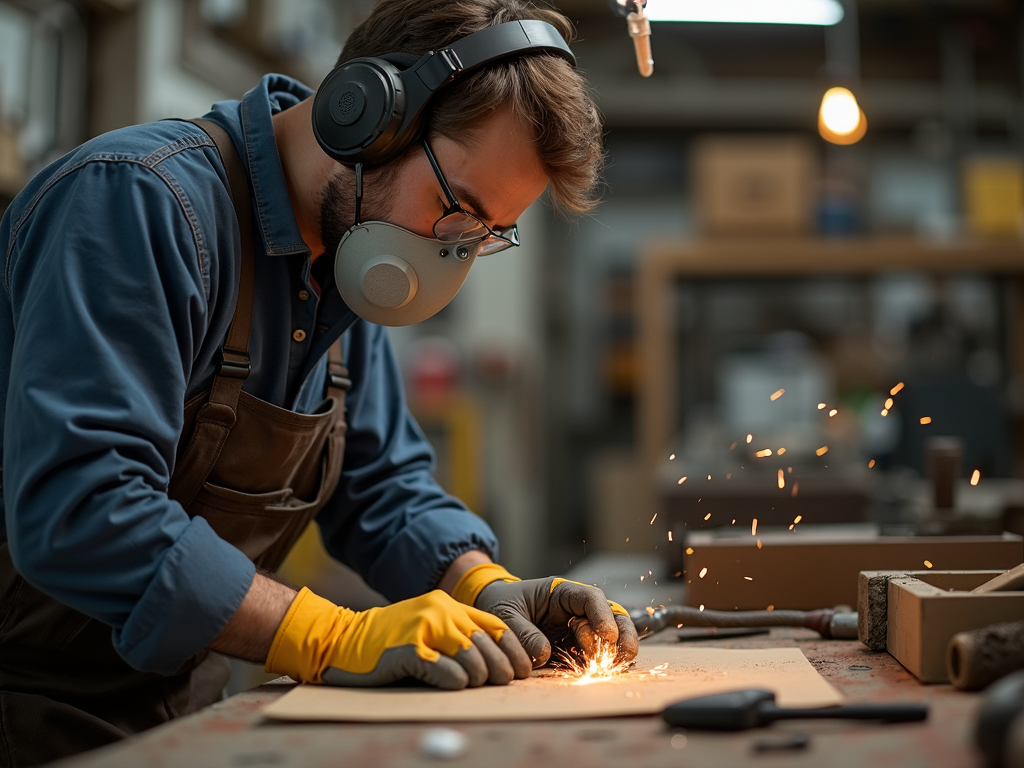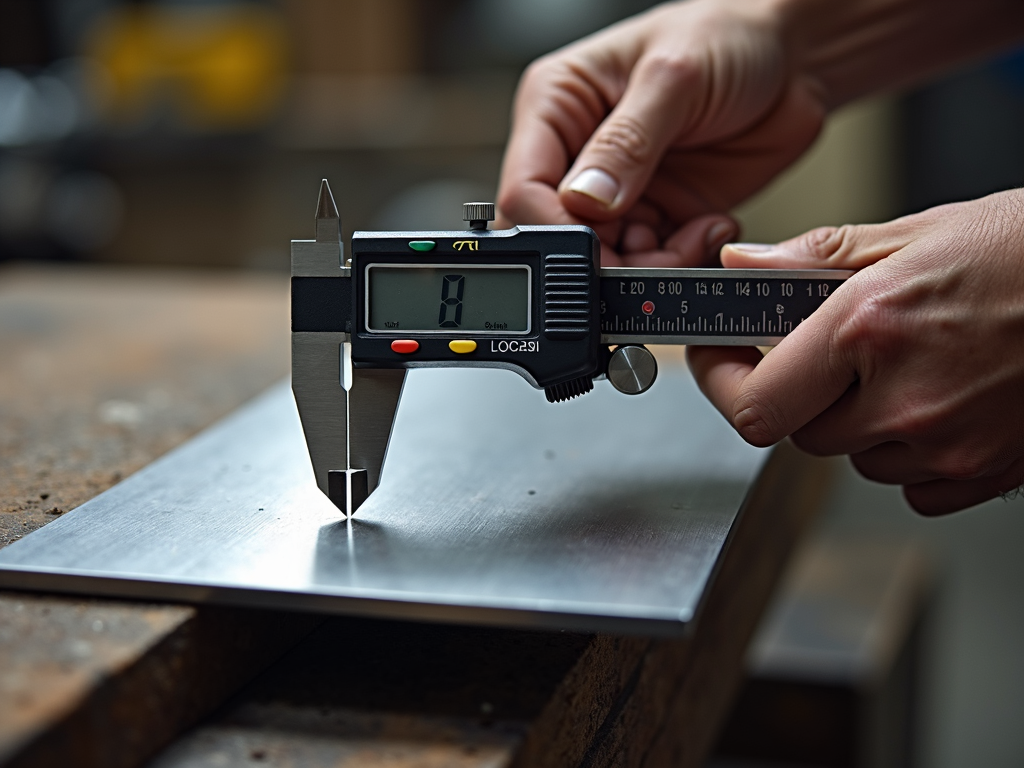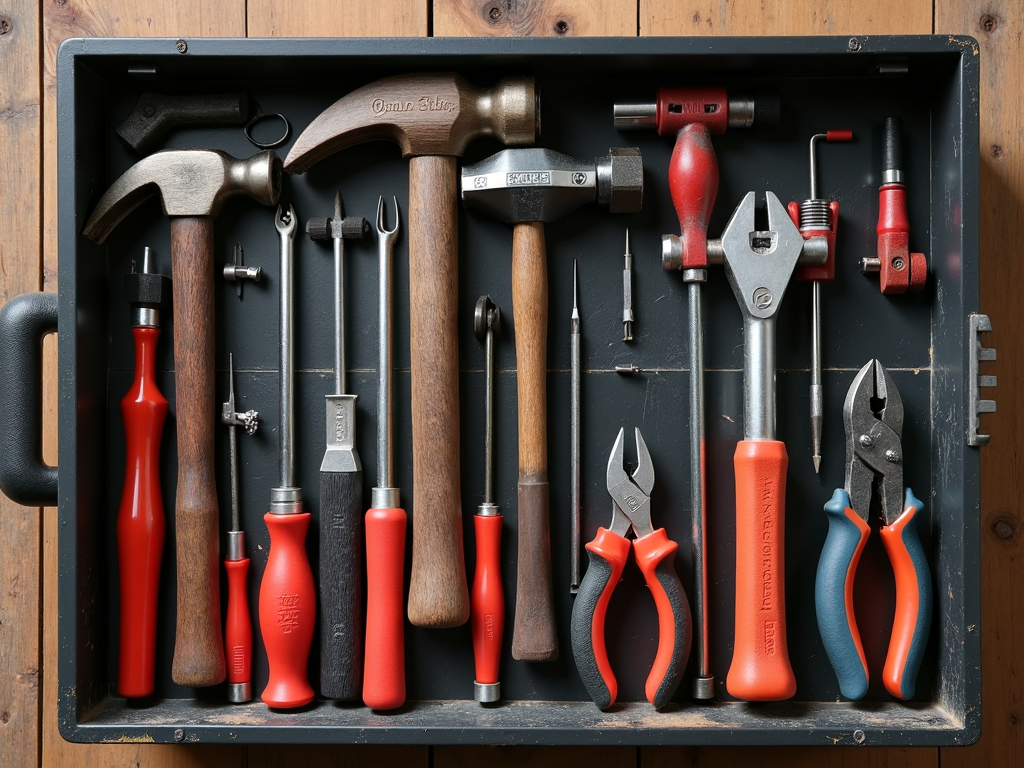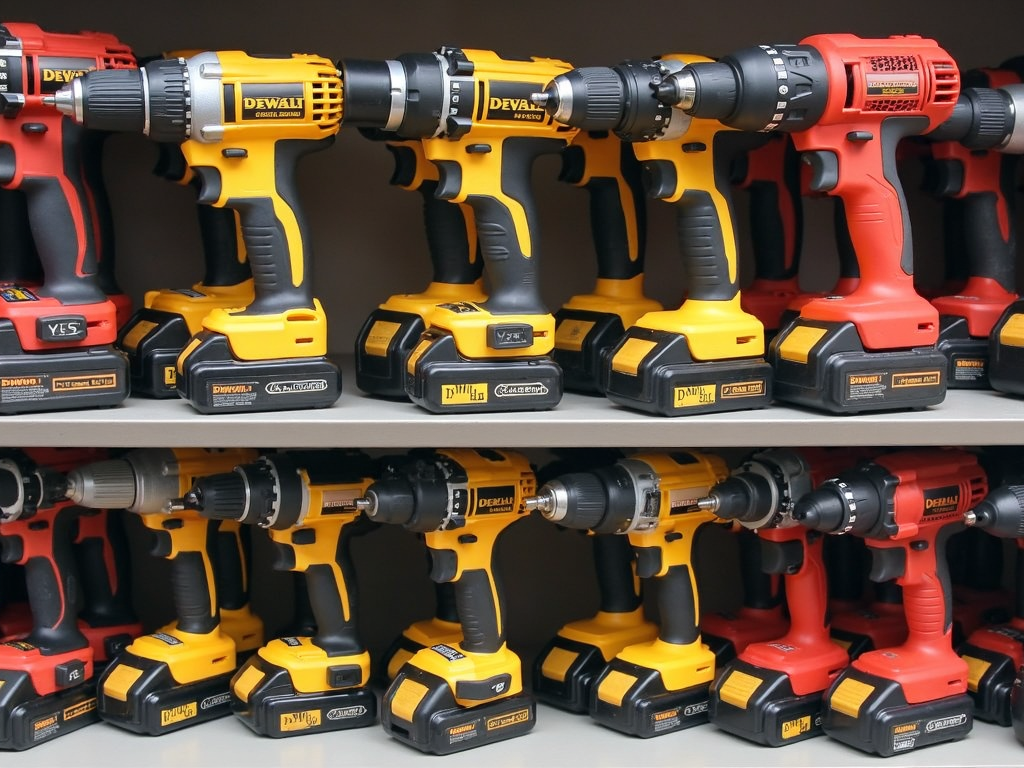Woodworking is a rewarding hobby that allows you to create beautiful and functional items with your own hands. Whether you're building furniture, crafting decorations, or making repairs around the house, having the right tools is essential. In this beginner's guide to woodworking tools, we'll explore the must-have tools for anyone starting out in woodworking. From basic hand tools to essential power tools, we'll cover everything you need to know to get started. We'll also discuss toolboxes and how to keep your tools organized, as well as important safety tips to keep in mind. So, let's dive in and discover the world of woodworking tools!
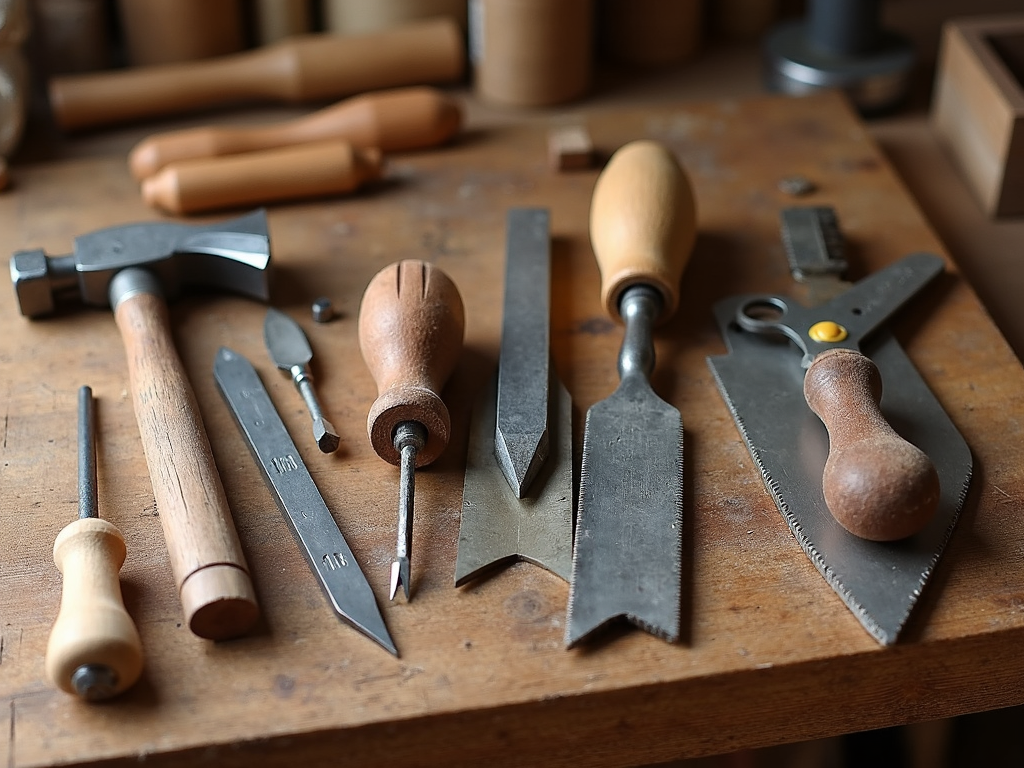
As a beginner in woodworking, you'll need a set of basic hand tools to get started. These tools are versatile and can be used for a wide range of projects. Here are some essential hand tools every beginner should have:
-
Hammer: A hammer is a fundamental tool for driving nails and removing them. Look for a hammer with a comfortable grip and a weight that feels right for you.
-
Chisels: Chisels are used for cutting and shaping wood. A set of chisels in different sizes will allow you to tackle various tasks.
-
Saws: There are several types of saws, including handsaws, coping saws, and backsaws. Each type has its own uses, so it's good to have a few different saws in your toolkit.
-
Measuring Tools: Accurate measurements are crucial in woodworking. A tape measure, ruler, and square are essential for ensuring your projects turn out just right.
-
Screwdrivers: Screwdrivers come in various sizes and types, including flathead and Phillips head. Having a set of screwdrivers will make it easy to assemble and disassemble your projects.
-
Clamps: Clamps are used to hold pieces of wood together while glue dries or while you're working on them. They come in different sizes and styles, so it's good to have a variety.
When choosing hand tools, look for quality tools that will last. It's better to invest in a few high-quality tools than to buy a large set of cheap tools that won't hold up over time.
For more information on choosing the right tools, check out this Beginner's Guide to Woodworking from Popular Woodworking Magazine.
Now, let's move on to power tools. While hand tools are essential, power tools can make your woodworking projects easier and more efficient. Here are some power tools that are great for beginners:
-
Drill: A drill is a versatile tool that can be used for drilling holes and driving screws. Look for a cordless drill with a variety of drill bits and screwdriver bits.
-
Sander: A sander is used to smooth wood surfaces. An orbital sander is a good choice for beginners because it's easy to use and versatile.
-
Circular Saw: A circular saw is a powerful tool for making straight cuts in wood. It's great for cutting large pieces of wood or plywood.
-
Jigsaw: A jigsaw is used for making curved cuts in wood. It's a versatile tool that can be used for a variety of projects.
When using power tools, always follow safety precautions. Wear safety glasses, ear protection, and a dust mask, and make sure to read the manufacturer's instructions before using any power tool.
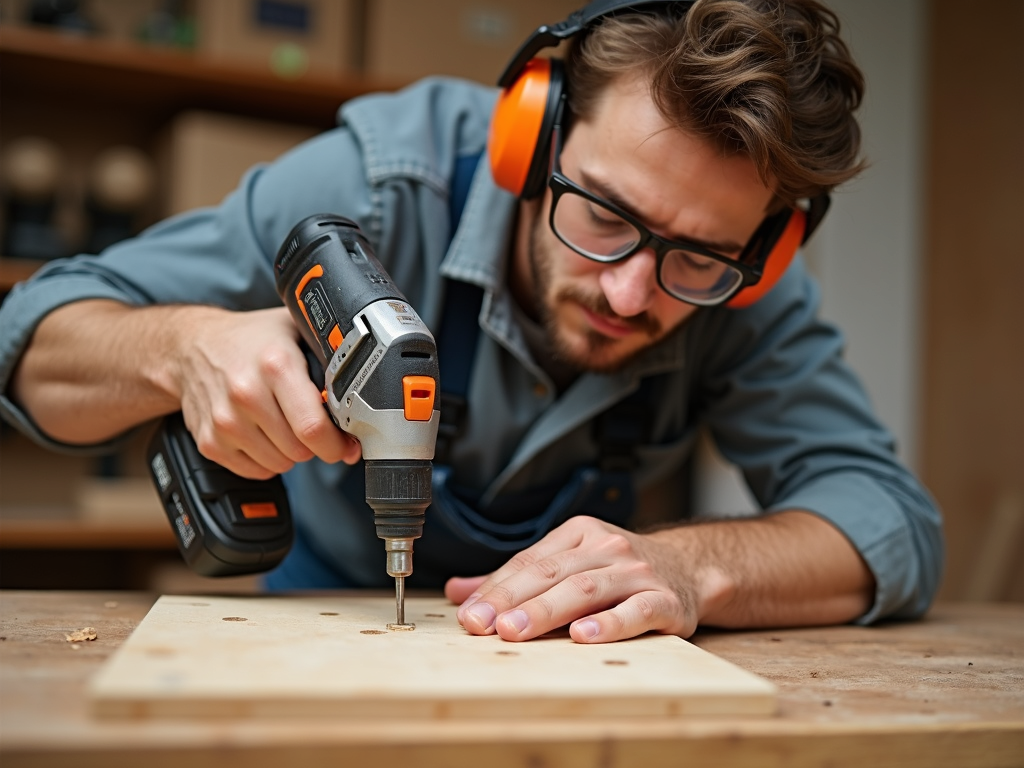
Keeping your tools organized is important for efficiency and safety. A toolbox is a great way to store and transport your tools. There are many types of toolboxes available, from small portable boxes to large rolling cabinets. Choose a toolbox that fits your needs and the size of your tool collection.
In addition to a toolbox, consider using pegboards, shelves, or drawers to organize your tools in your workspace. Labeling your tools and keeping them in designated spots will make it easier to find what you need when you need it.
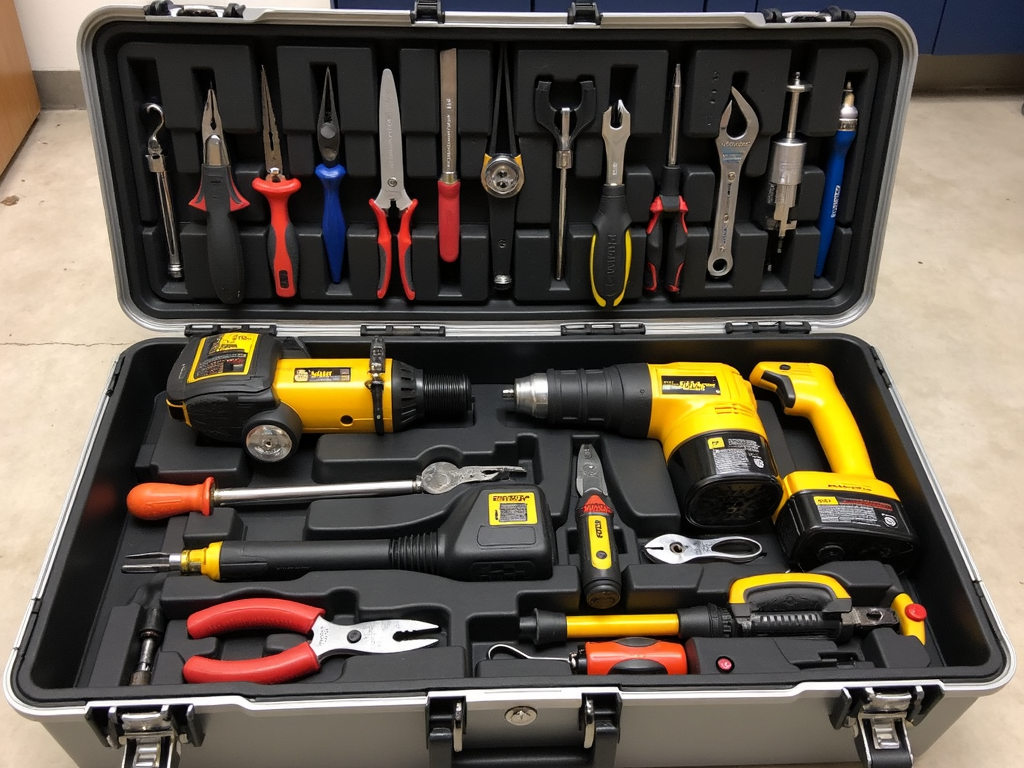
Safety should always be a top priority when working with woodworking tools. Here are some important safety tips to keep in mind:
-
Wear Safety Gear: Always wear safety glasses to protect your eyes from flying debris. Ear protection and a dust mask are also important when using power tools.
-
Use Tools Properly: Read the manufacturer's instructions for each tool and use them as intended. Don't force a tool to do something it's not designed for.
-
Keep Your Workspace Clean: A cluttered workspace can lead to accidents. Keep your work area clean and free of debris.
-
Secure Your Workpiece: Use clamps or a vise to secure your workpiece before cutting or drilling. This will prevent the wood from moving and reduce the risk of injury.
-
Disconnect Power Tools: When not in use, disconnect power tools from their power source. This will prevent accidental starts.
For more detailed information on woodworking safety, visit the Woodworking Safety page from OSHA.
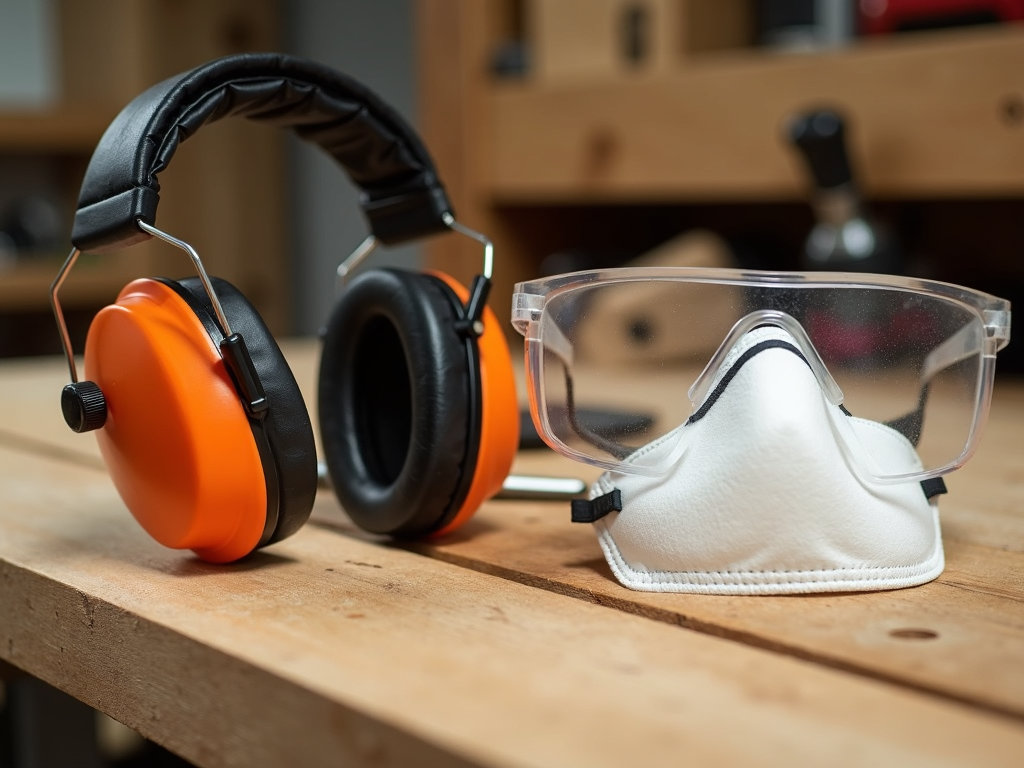
In conclusion, woodworking is a rewarding hobby that requires the right tools and knowledge. By starting with essential hand tools and gradually adding power tools to your collection, you can tackle a wide range of projects. Remember to keep your tools organized and prioritize safety at all times.
To see what you can achieve with the right tools and techniques, check out this image of a simple woodworking project made by a beginner.
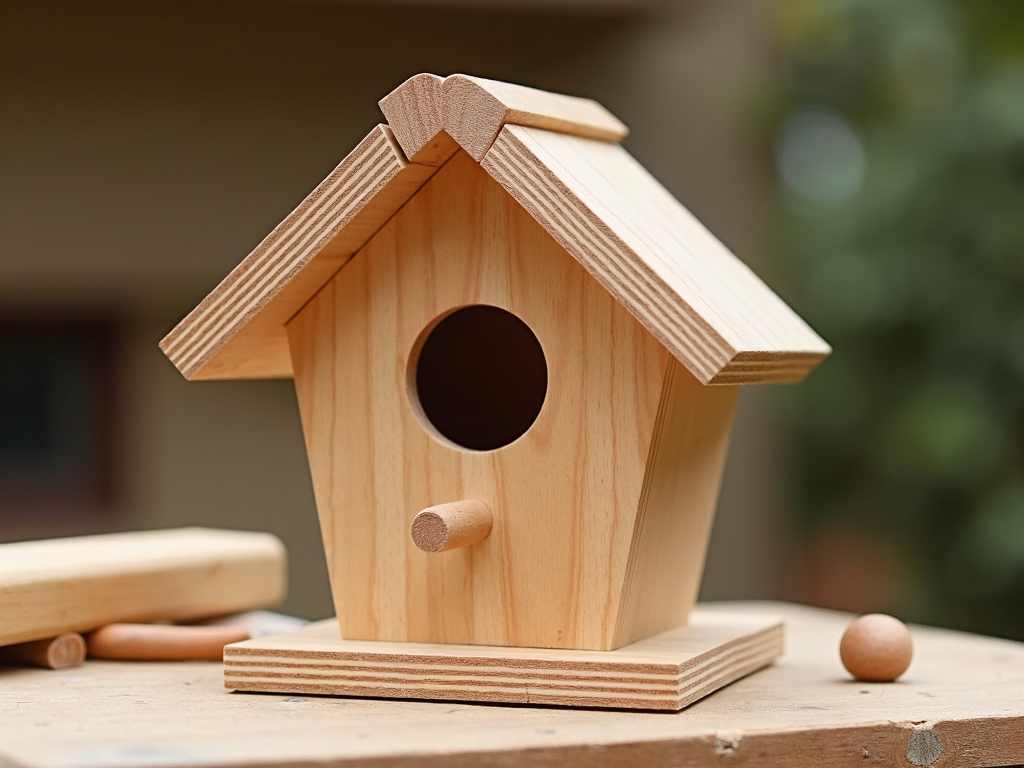
Related Beginner’s Guide to Woodworking Tools:
- Essential Tools for Every Handyman: A Comprehensive Guide
- The Evolution of Painting Techniques Through History: From Cave Walls to Modern Tools
- Toolbox Essentials: Organizing Like a Pro
- Boost Your Energy: Nutrition Tips for a Productive Day
- Specialty Hammers for Crafts and Hobbies: Essential Tools for Precision Work
- Safety First: Protecting Yourself in the Workshop
- DIY Workshop Safety Tips for Every Hobbyist: A Comprehensive Guide
- How to Prep Your Room for Painting: A Comprehensive Guide
- Essential Workman Tools for Metalworking: A Comprehensive Guide
- Top Workman Tools for Electricians: Must-Haves for Every Job
- Advanced Tool Maintenance Techniques: Ensuring Longevity and Efficiency
- How to Choose the Right Power Drill for Your Project
